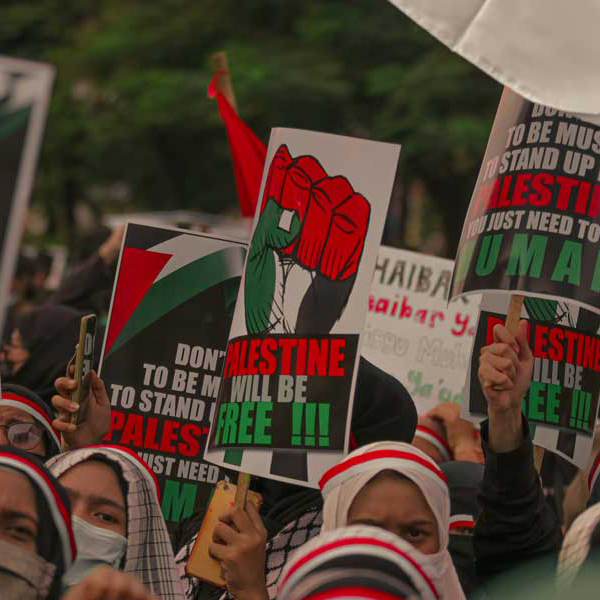
On Palestine and Israel: Correct Information Is Getting Through to More Americans
Author Samya Ali converted to Islam in 1980 and she is a free-lance writer. All mainstream media in the U.S. is reporting on the current

Author Samya Ali converted to Islam in 1980 and she is a free-lance writer. All mainstream media in the U.S. is reporting on the current
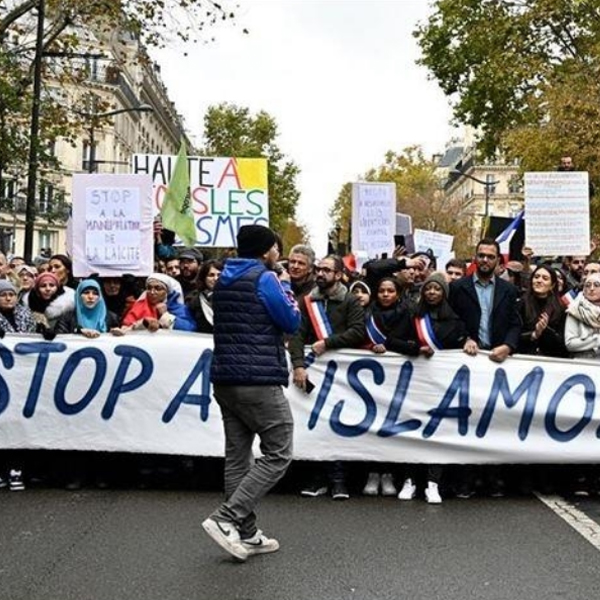
Lina B. Date published: Wed, 26 July 23 In France weeks ago, Nahel M. was killed by French police at a traffic stop. The 17-year
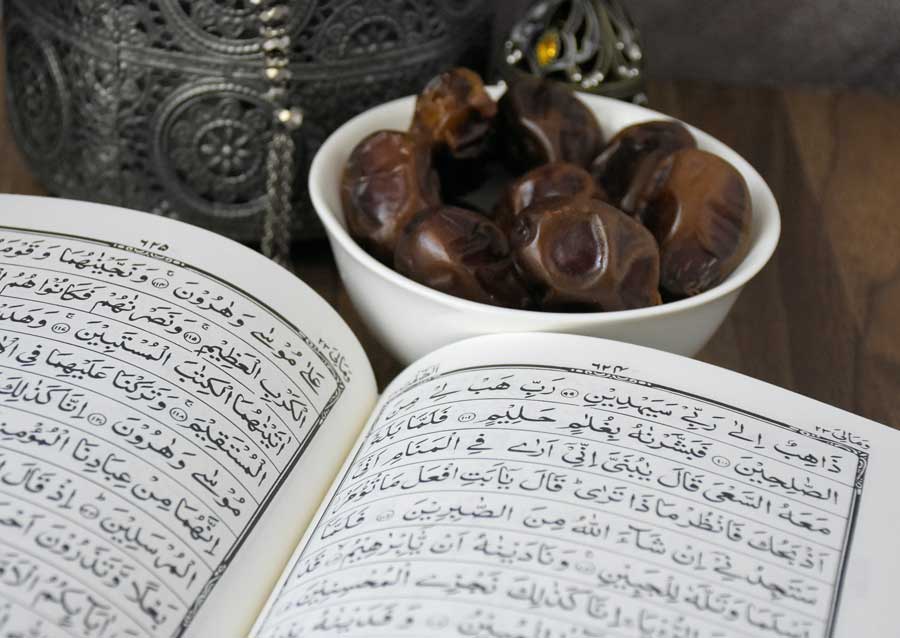
By Sh. Suleiman Hani What if you knew with conviction that Ramadan was a life-changing month of opportunities, blessings, and forgiveness, and that this Ramadan
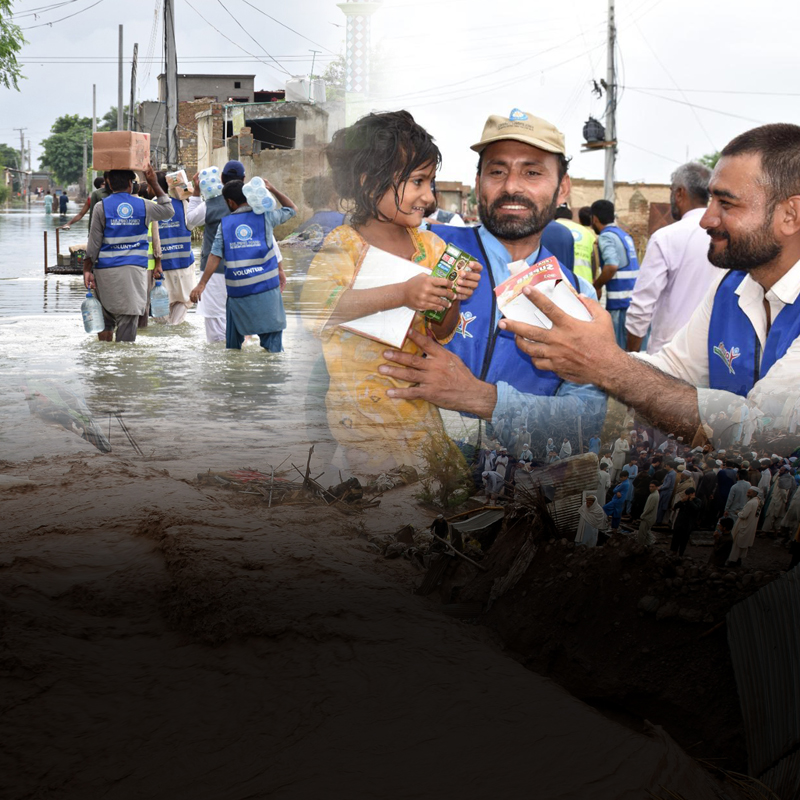
$15M FLOOD RELIEF PACKAGE FOR PAKISTAN Representing American Muslims, ICNA, and Helping Hand President of Islamic Circle of North America (ICNA) Dr. Mohsin Ansari and
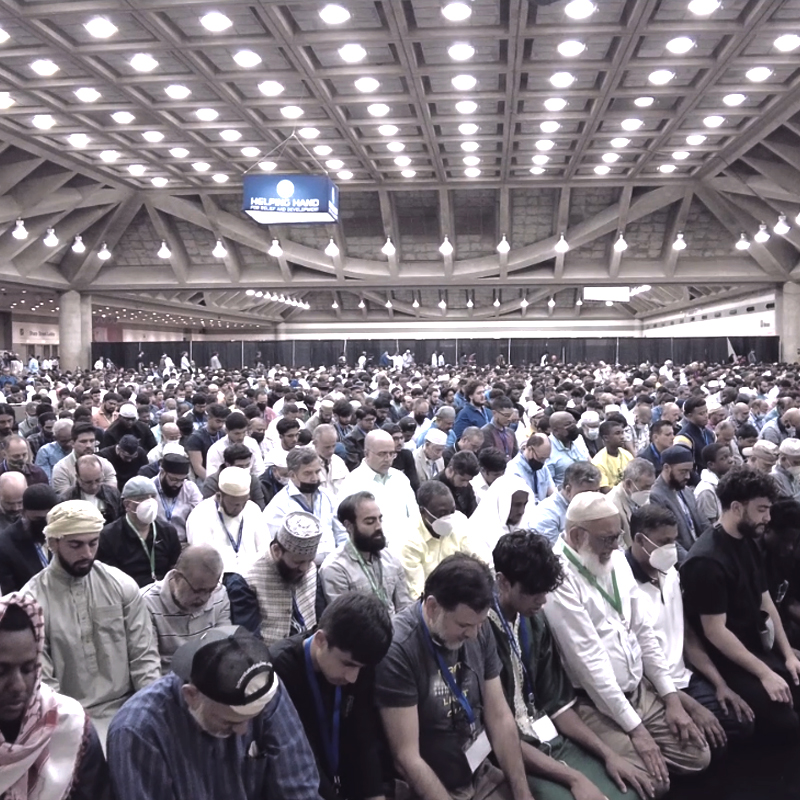
—FOR IMMEDIATE RELEASE— NEW YORK, NY (June, 25 th , 2022) – All Praises are due to Allah ﷻ, Lord of all that exists, and
Copyright © 2023 ICNA, All Rights Reserved